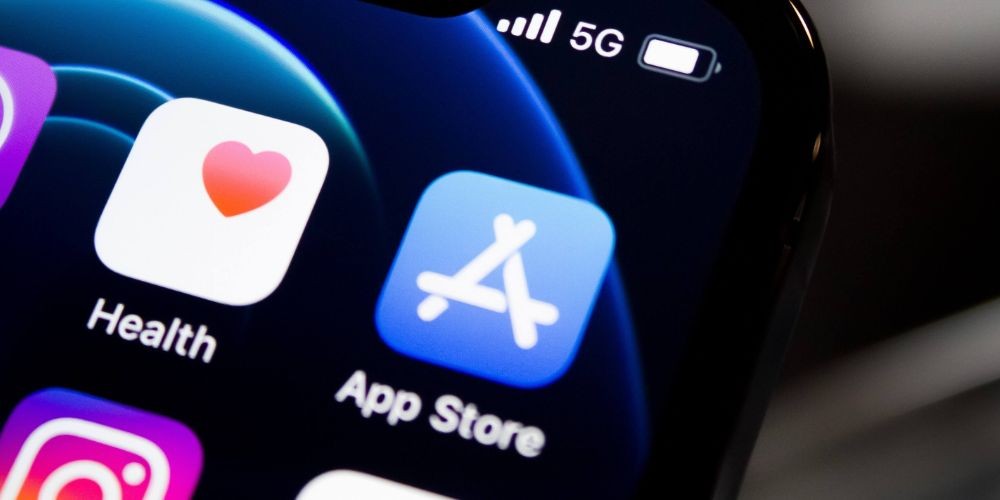Apple's Stance on Retro Game Emulators: Clarity Amidst Controversy
Apr-16-2024

In a move that has garnered significant attention from the gaming community, Apple has removed iGBA, a Game Boy emulator app for the iPhone, from the App Store. This decision came shortly after the app's launch over the weekend, which initially seemed to capitalize on Apple's recently relaxed rules regarding retro game emulators. However, the tech giant's actions have shed light on the nuances of its policy and provided much-needed clarity on a contentious issue.
iGBA, an ad-supported copy of the open-source project GBA4iOS, offered users the ability to download and play Game Boy Advance and Game Boy Color ROMs on their iPhones. The app's submission to the App Store was made without the permission of Riley Testut, the developer behind GBA4iOS, AltStore, and the highly anticipated Nintendo emulator Delta. Testut expressed frustration over Apple's approval of iGBA while his own app Delta remained in limbo despite being ready for launch since March 5.
The controversy surrounding iGBA stems from the fact that it was essentially a knock-off version of Testut's work, monetized without his consent. While some argued that the GBA4iOS emulator's GNU GPL v2 license permitted copies, Testut had added a custom restriction prohibiting App Store distribution for any work containing the code. This restriction, though potentially controversial in its own right, ultimately led Apple to determine that iGBA violated its App Store guidelines regarding spam and copyright infringement.
In a statement to TechCrunch, Apple clarified its stance on the matter. While the functionality of retro game emulators has been approved, the company took action against iGBA because it was copying and passing off another developer's work as its own. This decision aligns with Apple's commitment to protecting developers' intellectual property rights and maintaining a fair and ethical App Store environment.
As the dust settles on this controversy, Apple's actions have provided much-needed clarity on its stance regarding retro game emulators. While the company has relaxed its rules to allow these emulators on the App Store, it maintains a firm stance against unauthorized copying and distribution of developers' work. This balanced approach seeks to foster innovation while safeguarding the rights of content creators, a delicate equilibrium that will undoubtedly continue to shape the landscape of gaming on Apple's platform.








